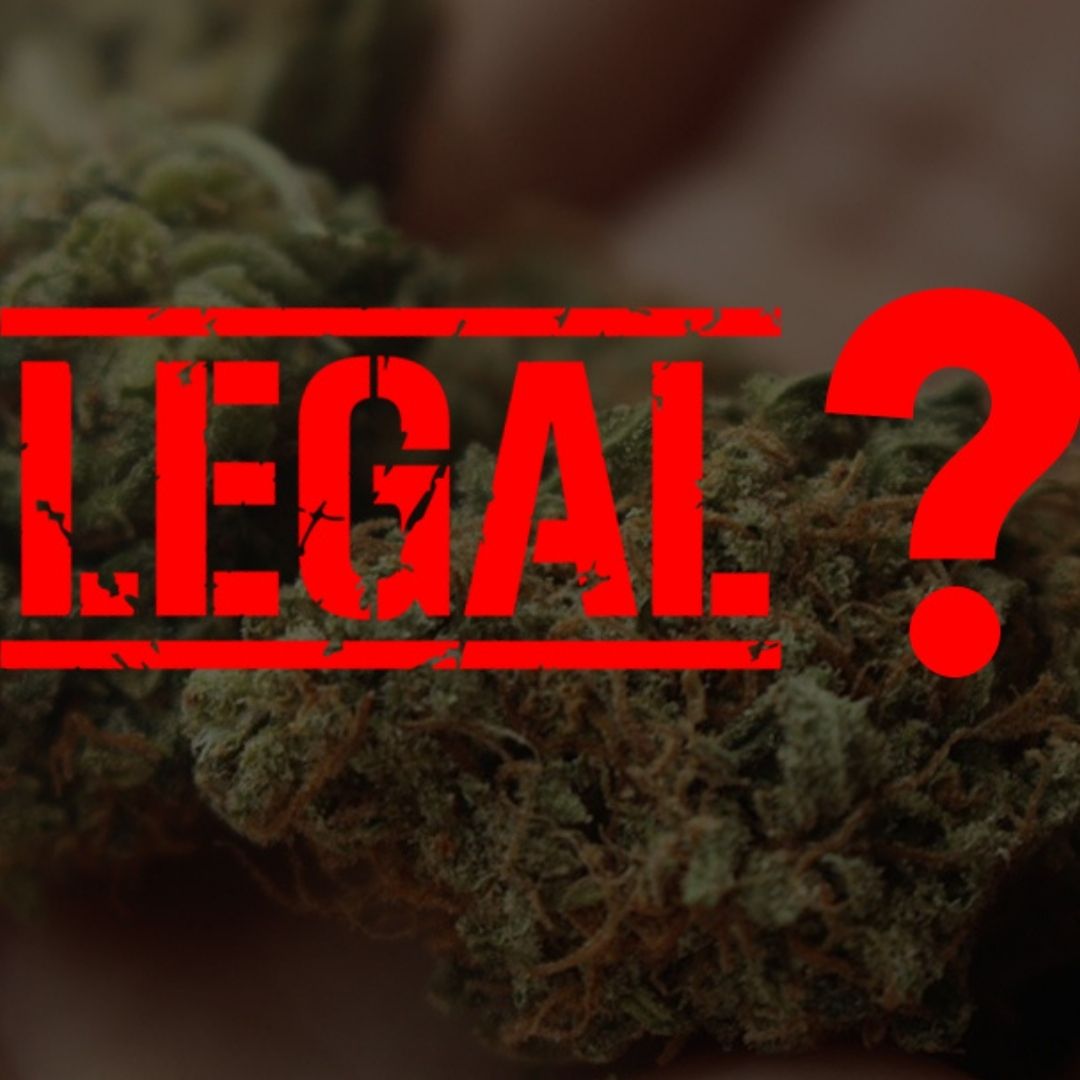
Image Credit: Pixabay
Is It Time For India To Relook At Its Policy Towards Marijuana?
India, 8 Oct 2021 2:22 PM GMT
Editor : Ankita Singh |
A literature lover who likes delving deeper into a wide range of societal issues and expresses her opinions about the same. Keeps looking for best-read recommendations while enjoying her coffee and tea.
Creatives : Ratika Rana
Her primary objective is to inform, promote, educate and cultivate readers through writing.
The unregulated market allows the sale of Marijuana in an unprocessed form, containing all the things people should not smoke for health reasons.
In 2012, Uruguay became the first country to legalize the use of cannabis for recreational purposes. The historic move aimed to replace links between organized crime and the cannabis trade with more accountable state regulation. Later in the same year, voters voted to make cannabis legal in Washington, and Colorado became the first state in the United States to act upon the same. Under Barack Obama's leadership, 33 out of 50 US states legalized the medical use of cannabis. The neighbouring country of Canada did not stay far behind. In October 2018, Canada legalized the recreational use of Marijuana, whereas the medical use of the same was legal since 2001.
The question arises, why or why not should India legalize the use of cannabis? The first and foremost argument is that it is the most traded drug worldwide, as per World Health Organization (WHO). Nearly 147 million people, which account for 2.5 per cent of the world's population, use cannabis for recreational purposes, whereas cocaine users across the world comprise just 0.2 per cent. For years now, India has contradicted those who support the motion for the legalization of Marijuana. In 2018, Delloite called the marijuana trade industry a 'sophisticated industry that will create new jobs, new business opportunities, and new revenues for the government.'
Cannabis In Countries Across The World
Marijuana is banned for recreational and medicinal purposes under the Narcotic Drugs and Psychotropic Substances Act, 1985. The widespread use of 'bhang', which is a part of the cannabis plant itself, speaks volumes about the widespread hypocrisy revolving around the subject. Additionally, there is a vast black market of cannabis that exists in India.
The market operates only in cash; however, if legalized and thus regularized, it could generate revenue for the Indian government, which is already facing a huge budget deficit. The countries that have legalized the recreational and commercial use of Marijuana have done remarkably well in their economic spectrum. According to research by MoneyControl, the US was expected to add in $40 billion and provide an additional 414,000 jobs. Canada's cannabis industry was expected to grow by $6.5 billion, whereas Europe's industry is worth £106 bn.
Health Benefits Of Cannabis
According to an international report by HealthEuropa, cannabis can actually have several health benefits, contrasting to the popular belief that it only has ill effects. It is often given as a relief measure for chronic pain. Due to its chemical makeup, it is very effective and is used as a medical substitute in several countries worldwide. It also impacts the insulin levels in one's body; therefore, it is only sensible to assume that it can help regulate and, in some cases, even prevent diabetes.
One of the most promising health benefits of using cannabis can be its proven fight against cancer. A significant amount of evidence reveals that cannabinoids can help patients fight cancer or particular kinds of cancer. Apart from that, it is often used to regulate the mood swings of people suffering from mental health problems. While it might seem that controlling someone's mood swings through a 'drug' can lead to dependence on the drug, one cannot contradict the fact that it helps those who have fallen into the clutches of severe depression. Cannabis releases Delta-9-tetrahydrocannabinol, more commonly known as THC, the primary psychoactive ingredient that causes marijuana users to feel 'high'.
However, since the market is unregulated in India, it is safe to say that the Marijuana that reaches consumers is not safe enough. The unregulated market allows the sale of Marijuana in an unprocessed form, containing all the things people should not smoke for health reasons. Therefore, what reaches the hands of the consumer is a low-quality weed at a much higher price.
Marijuana And Its Links With Religion
The marijuana plant is embedded deep inside India's cultural roots. It is one of the five sacred plants mentioned in the Vedas, an ancient Hindu scripture, and is widely acknowledged for its medicinal and dietary benefits. Cannabis is extensively referred to in the Indian scriptures for its medicinal and spiritual benefits. Prohibition of marijuana has failed to control its production, it is said that more than 60,000 kg of hash and 40,000 kg of opium is produced in Himachal Pradesh, out of which only 500 kg is caught.
Additionally, alcohol and tobacco, which brings in a revenue of thousands of crores for the government, have much worse and long-lasting effects than Marijuana. Thereby, if the country can legalize the use of alcohol and cigarettes, legalizing Marijuana should be better and a safer bet, as per experts.
Also Read: Mukesh Ambani Set To Launch India's First 7-Eleven Convenience Store In Mumbai Tomorrow
 All section
All section














